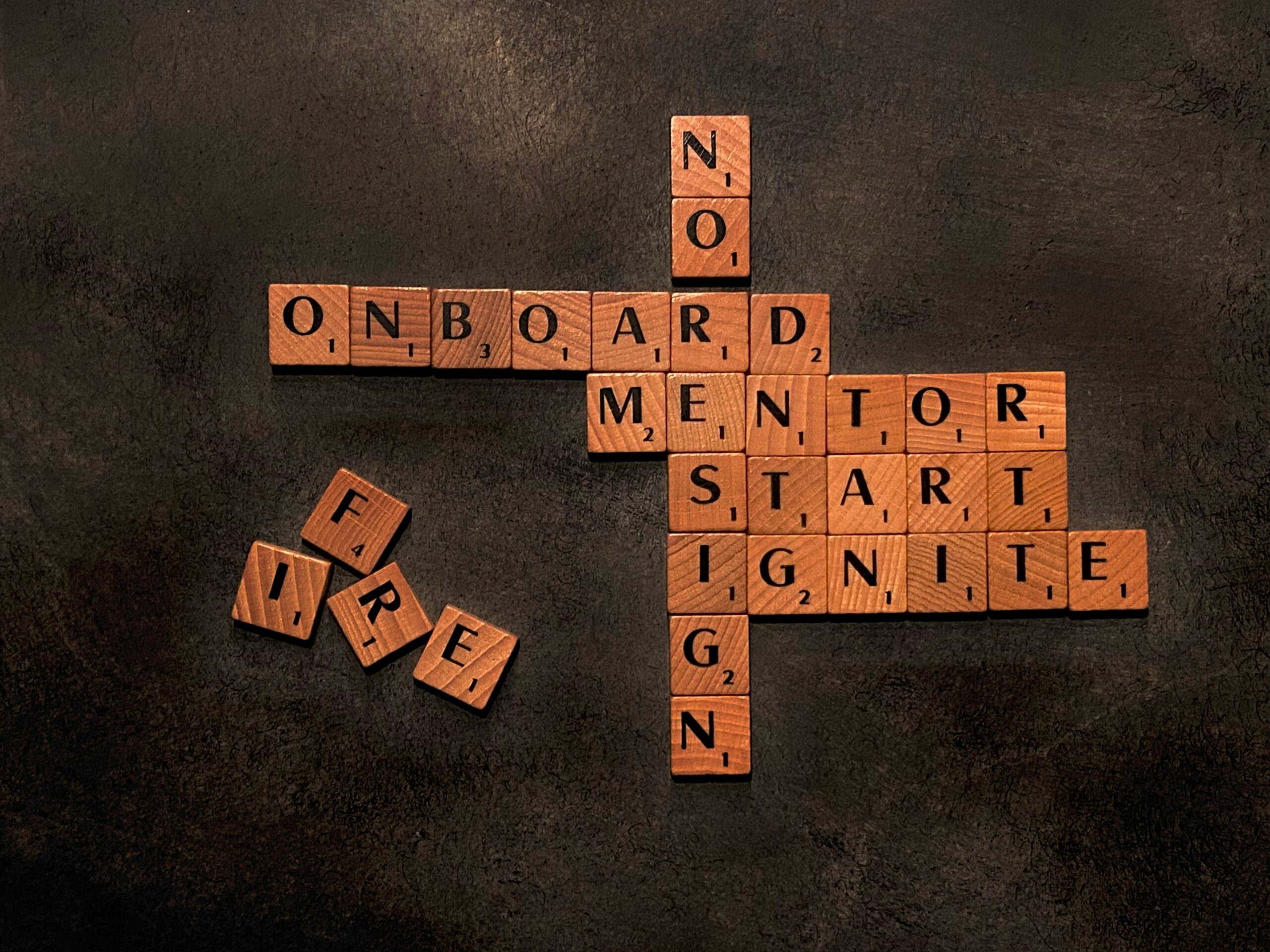
During my MBA, I was introduced to the book ‘The Coaching Habit Say Less, Ask More & Change the Way You Lead Forever’ by Michael Bungay Stanier.
Did it change the way I lead forever?
I certainly found the book and his framework hugely powerful. I would recommend it to any leader or aspiring leader. Stanier offers a simple and practical guide for becoming not only a more effective leader but also a better coach.
What’s the difference between leading and coaching?
According to the Project Management Institute, “Leading, coaching, and managing are like walking, running, and skipping — all similar actions, yet different.” As a business leader, you’ll undoubtedly be both a leader and a coach, even if you don’t realise it. But there is a subtle difference between the two, which can make a real impact when it comes to getting the best from your team.
The article defines leading as “guiding, directing, or influencing”, whilst the International Coach Federation (ICF) says, “The coach’s job is to enhance the skills, resources, and creativity that the client already has.” Coaching is, therefore, more about listening and helping your team to solve problems themselves rather than providing solutions.
Stanier provides a 7 step framework that you can use in coaching conversations
This can be extremely helpful and productive for day-to-day internal and external communications, engaging with team members and practicing self-discovery.
The 7 coaching questions are:
- The kickstart question
- What’s on your mind?
- The A.W.E question
- And what else?
- The focus question
- What is the real challenge for you?
- The foundation question
- What do you want?
- The lazy question
- How can I help/what can I do for you?
- The strategic question
- If you say yes to this now, what must say no to?
- The learning question
- What was most useful or most valuable in this discussion for you?
It might seem like a long list, but you will be surprised how easy it can be to incorporate these questions into your everyday conversations
They follow a logical flow, identifying the problem and finding a solution. The one word I would urge you to remember is ‘you’. These questions are all about the challenge for you, what can I do for you – that’s the coaching aspect of helping the person find their own answers, not telling them what to do.
Step 6 is also vital. In today’s business world, pretty much everything is a trade-off. We don’t have unlimited time and resources. It can be incredibly powerful to acknowledge this upfront, therefore enhancing the chances of success by anticipating potential blockages or setbacks.
Why not start by practising on yourself? Take an issue you are currently struggling with and walk through the steps to create a plan to move forward.
In addition to reading the book, there are lots of free resources on the MBSWorks website. Simply head over to https://www.mbs.works/ to discover what’s available.



